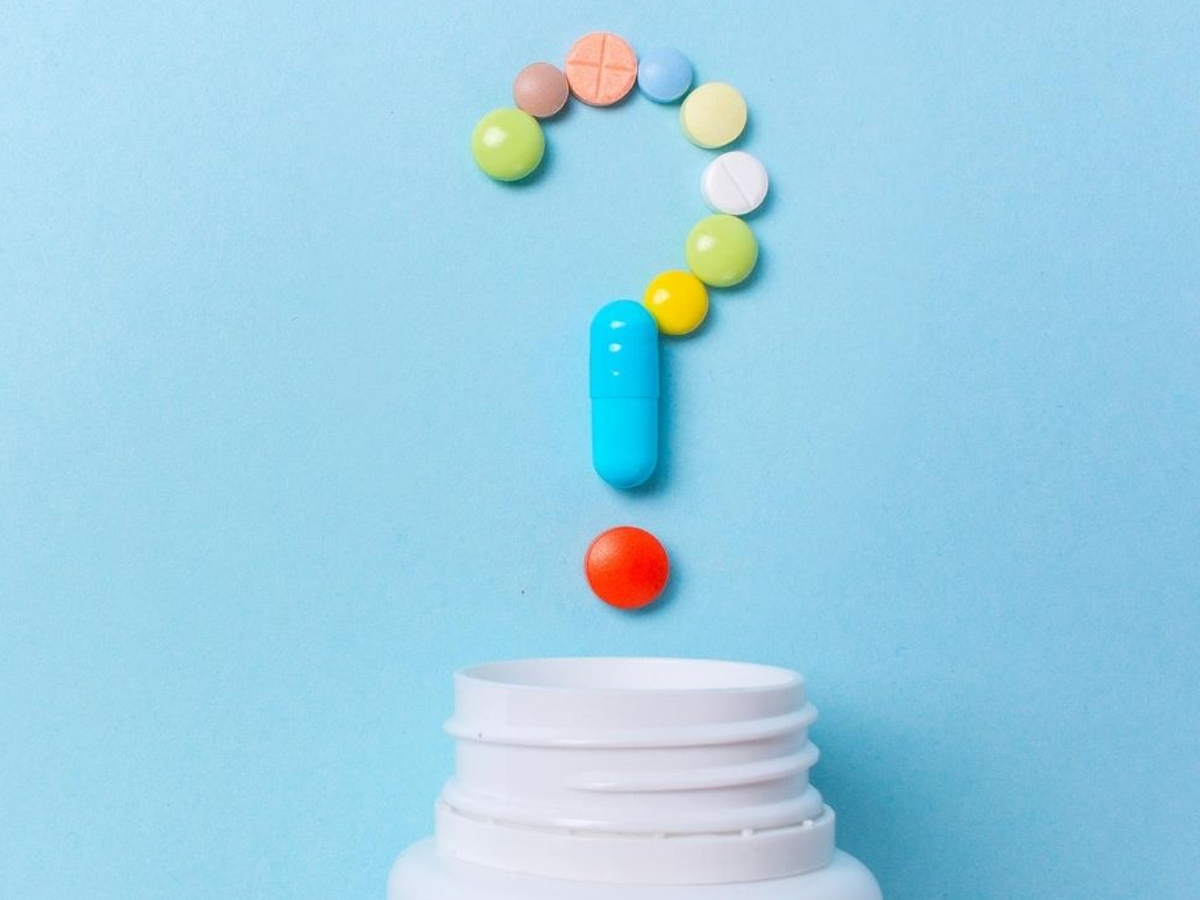Benzodiazepine addiction is a growing problem that affects millions of people worldwide. In the United States alone, based on statistics from the National Institute for Drug Abuse (NIDA), about 30 million Americans use these drugs. Of these, around 61,000 have developed addictions.
Additionally, the NIDA and other health agencies have been concerned in recent years about the rise in benzodiazepine-related overdoses and emergency room visits. Misusing benzodiazepines can lead to serious health problems, including overdose, which can become fatal.
If you’re reading this, chances are you or someone you love is struggling with an addiction to this drug. You might be feeling overwhelmed, scared, or worse, hopeless.
But not all hope is lost. You can still recover from an addiction through benzodiazepine rehab. It works well to help you regain a sober lifestyle.
It is important for people who are struggling with addiction to seek help. If you’re wondering what drug rehab does, how it works, and its benefits, read on to find out everything you need to know.
What are benzodiazepines?
Benzodiazepines are a class of psychiatric drugs that are commonly prescribed to treat anxiety, insomnia, and seizures. They work by increasing the level of a neurotransmitter called gamma aminobutyric acid (GABA), which is a molecule that has calming effects on the nervous system.
Some common benzodiazepines include:
- Xanax (alprazolam)
- Valium (diazepam)
- Klonopin (clonazepam)
- Ativan (lorazepam)

While these drugs can be effective in treating insomnia, anxiety, seizures, and related conditions, they can also be highly addictive. Over time, your body becomes dependent on the drugs. You may find it difficult to quit without professional help. This is where drug rehab becomes helpful.
What happens during benzodiazepine rehab?
Drug rehab is a complete program aimed at recovering a sober lifestyle. It provides support and treatment to anyone struggling with substance addictions. It typically includes a combination of medical and behavioral therapies, as well as support from peers and loved ones.
Medically-assisted detox
The first step in rehab is detox. During detox, you will be monitored by medical professionals as your body adjusts to being without the drug. Doctors will assist you in reducing your dose of benzodiazepines over the course of several days.
This process can be uncomfortable as you may experience a number of withdrawal symptoms. This is normal as your body adjusts to functioning without the drug. Despite the discomfort, detox is a crucial step in overcoming your addiction.
Medications
The good thing about detox is the medical team can prescribe medications when necessary. The medications help reduce withdrawal symptoms, making the detox process more comfortable for you.
In some cases, you will be prescribed other benzodiazepines different from the ones you are addicted to. These are often slow-acting, and they help to calm withdrawal symptoms as you are reducing your dose of the drug you currently have an addiction to.
Other times, buspirone or flumazenil may be used.
- Buspirone is useful for relieving withdrawal symptoms. It works slowly, though, and it can take two to three weeks before you feel its effects. For that reason, it is often given to you right at the beginning of the detox process.
- Flumazenil is often used for the treatment of benzodiazepine overdoses, but it is also helpful in reducing withdrawal symptoms. It can flush benzodiazepines out of your body quickly. Thus, if you need rapid detox, this medication may be prescribed.
It’s important to note that the use of medications in rehab should be carefully monitored and managed by a medical professional. The goal of medication is to help you overcome your addiction, not to replace one addictive substance with another. The use of medications should be part of a comprehensive, individualized treatment plan that includes therapy, support, and aftercare. Medications are not instant cures for addiction.

Behavioral therapies
Once you have successfully completed detox, you’ll move on to therapy. This will typically include both individual and group therapy sessions.
In individual therapy, you’ll work one-on-one with a therapist to explore the root causes of your addiction and develop coping skills to help you stay sober. You can also build a trusting relationship with your therapist as you have regular conversations about your addiction. This sense of trust can aid your recovery as well.
Group therapy provides a supportive environment where you can connect with others who are also struggling with addiction. In group therapy sessions, you and your fellow patients in recovery share your experiences and challenges, as well as best practices for overcoming drug cravings and triggers.
Alternative therapies
In addition to therapy, you’ll also participate in other activities and programs designed to help you build a strong foundation for recovery. This may include holistic therapies such as yoga, mindfulness meditation, and art therapy, as well as recreational activities like hiking and kayaking.
Support from loved ones and friends
One of the most important aspects of benzodiazepine rehab is support from loved ones. Many programs encourage family and friends to participate in therapy and support groups, so that you can work together to overcome your addiction. This can be a great way to strengthen your relationships and rebuild trust.
Aftercare
Finally, aftercare is a critical component of benzodiazepine rehab. This includes ongoing support and resources to help you maintain your sobriety and continue your recovery journey. This may include participation in 12-step programs, ongoing therapy, and support from peers and loved ones.
Summary
In summary, these are what you can expect from benzodiazepine rehab. First of all, you will be surrounded by a supportive community of medical professionals, therapists, peers, and loved ones who are all dedicated to helping you overcome your addiction. You’ll also participate in a range of activities and therapies designed to help you understand and manage your addiction, and build a foundation for long-term recovery.
Most importantly, you can expect to gain hope to overcome your addiction and live a fulfilling, healthy life. After finishing rehab, you’ll be able to regain control of your life and build a brighter future.


